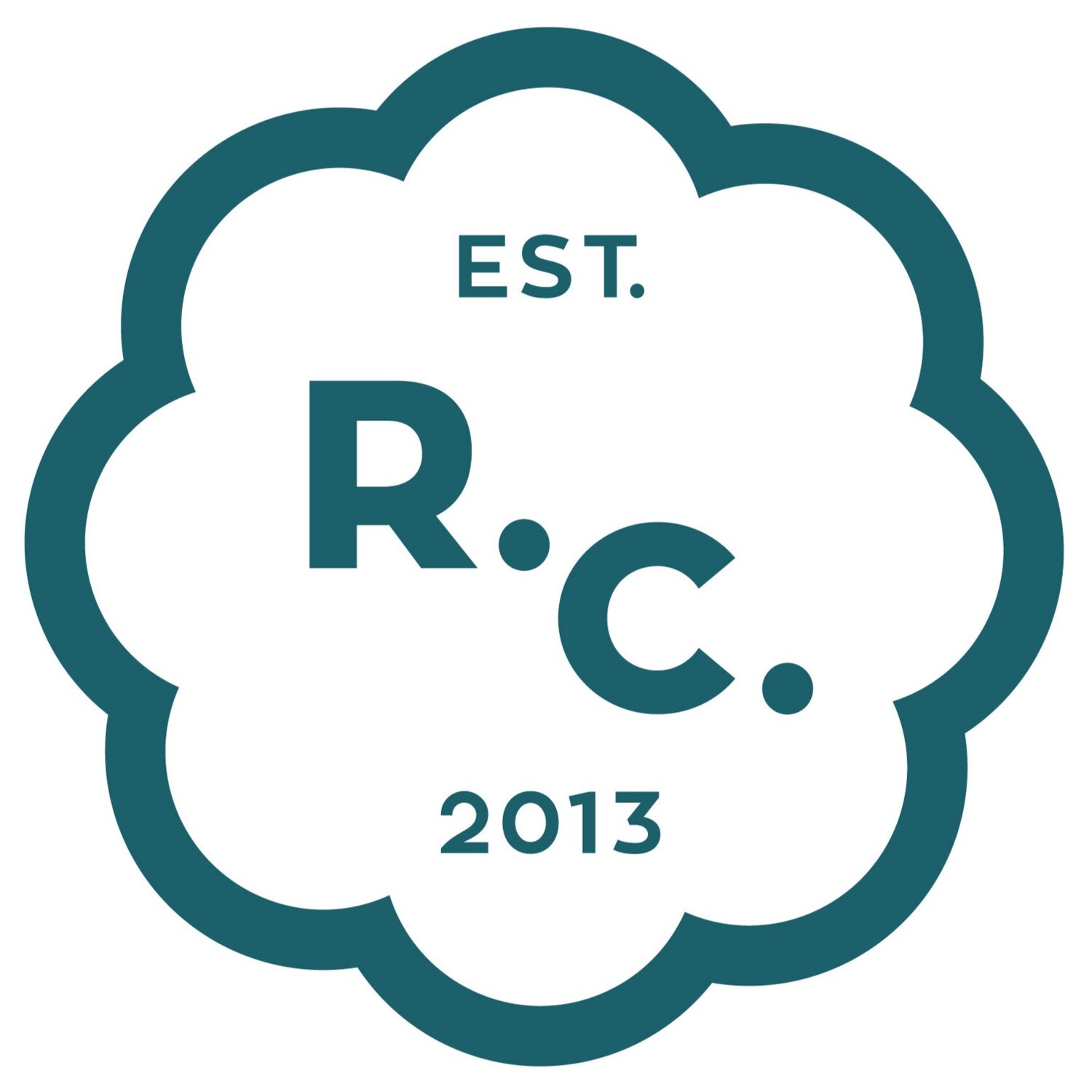Navigating the Beauty World: Clinical Esthetics vs. Professional Esthetics
Embarking on a journey into the world of esthetics can be an exciting yet overwhelming experience, especially with the differences of specialized fields within the beauty industry. In this blog, we'll delve into the fascinating world of esthetics, exploring the unique paths of clinical and professional estheticians.
What is Esthetics?
Before we dive into the differences, let's establish a foundation. Esthetics, derived from the Greek word "aisthesis," meaning sensation, involves the application of various treatments to the skin to enhance its health and appearance. Estheticians are trained professionals who specialize in skincare, helping clients achieve radiant, healthy skin.
Picture yourself in a serene spa, soothing music playing in the background, and the subtle scent of essential oils in the air—that's the world of professional esthetics. Professional estheticians typically work in day spas, beauty salons, or wellness centers, offering a range of pampering treatments aimed at relaxation and rejuvenation.
Services provided by professional estheticians includes but are not limited to:
Facials: Customized treatments to cleanse, exfoliate, and nourish the skin.
Waxing: Hair removal using warm or cold wax.
Body Treatments: Luxurious therapies like body wraps and scrubs to enhance skin texture.
Makeup Artistry: Techniques to day and night make-up.
Professional estheticians focus on providing a tranquil experience while promoting overall skin health. Their goal is to help clients feel relaxed and rejuvenated through a variety of non-invasive treatments.
On the other side of the esthetics spectrum lies clinical esthetics, a field that leans more towards the medical aspect of skincare. Clinical estheticians often collaborate with dermatologists or work in medical spas.
Services provided by clinical estheticians includes but are not limited to:
Chemical Peels: Using chemical solutions to exfoliate and improve skin texture.
Microdermabrasion: Mechanical exfoliation to rejuvenate the skin's appearance.
Acne Treatments: Targeting and managing acne-related concerns.
Advanced Skincare Procedures: Laser therapy, microneedling, and other high-tech treatments.
Body Counturing: Employing various techniques to reshape and sculpt the body, often involving non-invasive procedures like ultrasound, or radiofrequency treatments.
Clinical estheticians require a deeper understanding of skin anatomy and specific conditions, often working with clients who need specialized attention.
Whether you choose the tranquil world of professional esthetics or the more clinically-focused path, both avenues offer fulfilling and rewarding careers in skincare. Your journey into the beauty industry is a personal one, shaped by your interests and aspirations. Remember to stay curious, stay informed, and, most importantly, enjoy the incredible experience of helping others look and feel their best!
Learn more about our Professional Esthetics and Clinical Esthetics programs and start shaping your future in the beauty industry! Your radiant career awaits at Rosewood College.
Education that gets you hired!

